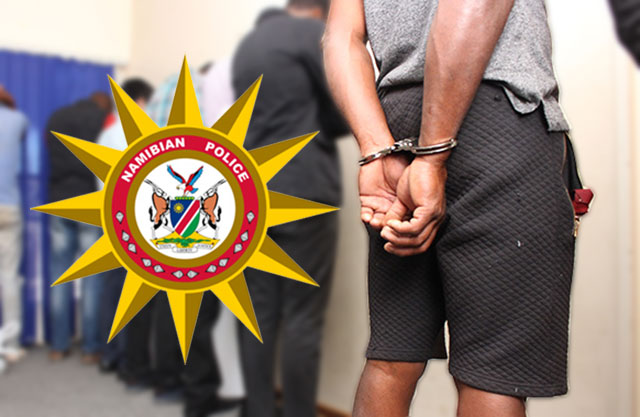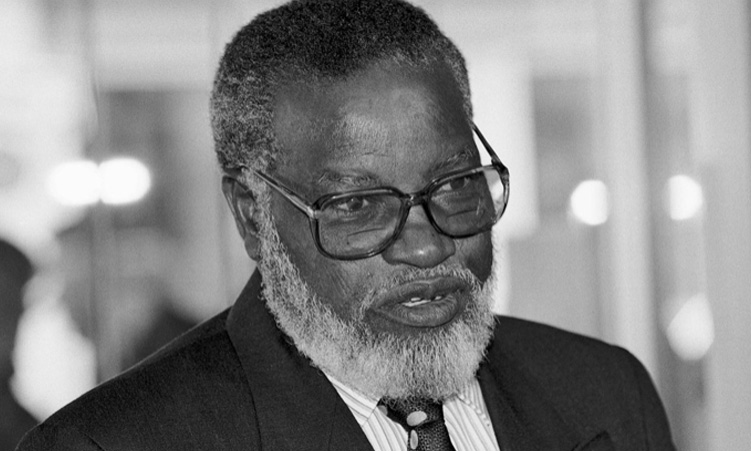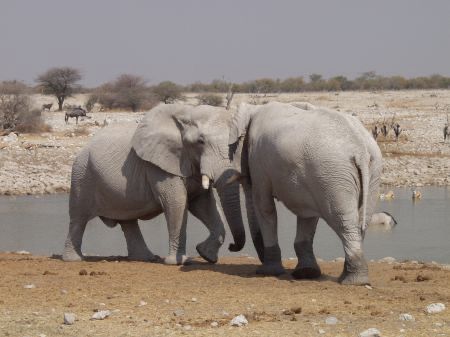• CONSTANCE MUPARADZI and JESSICA BROWNCYNTHIA looked tired this afternoon, and she needed someone to talk to. She is still young, a teenager, needing a sounding board to help her make sense of her life.
Born and educated in Windhoek, but unable to finish her Grade 12, Cynthia will sadly soon join the scores of young mothers who are struggling to raise their children. She is sitting in our office, and taking her time to talk about her ordeal. She needs someone to listen to her, without passing judgement on her.
Cynthia fell in love. Sadly, it was short-lived. She did not realise the realities and consequences of having boyfriends and sleeping with them, while so young, and without protection.
Her parents’ high hopes were that their daughter would be a high school graduate. However, she has not been able to finish Grade 12. At the age of 17, she thought her love relationship would last forever. But after a short relationship, her significantly older boyfriend disappeared, leaving her to deal with the consequences.
“I had a relationship without knowing who that person really was,” Cynthia relates. “I did not think what I was doing was wrong. I was happy to have a man by my side.”
However, she adds, sadly: “He was just there for me when we were enjoying it, and now he has disappeared. I was in love, and unfortunately it did not last.”
Anger is mounting in Cynthia. She cannot understand how people you love can suddenly turn away from you, no longer talking or offering comfort in difficult times. When Cynthia discovered that she was pregnant, she withdrew from the company of her friends and family.
She felt self-conscious and isolated. “I am now shy to move around,” she says. “Everyone looks at me, and sees that I am pregnant. I am growing bigger every day. I do not have friends any more. My mother is also shocked and angry over everything that happened. My boyfriend is now dating other girls, and does not see me anymore.”
Although Namibia has a policy that girls who fall pregnant in school can return to continue with their education after delivery, Cynthia just decided to drop out. She finds it hard to be around friends who are still attending school.
Despite the progressive policy, pregnancy remains a common factor causing girls to drop out of school. Today, Cynthia is angry with herself for not using protection. When she looks in retrospect, she wishes she can undo the mistake she made.
According to the Global Student Health Survey (GSHS) 2013, 46,2% of boys and 36,7% of girls have sexual intercourse between the ages of 13 and 17. Of the pupils who engaged in sexual intercourse, 48,6% of boys and 34,1% of girls had sexual intercourse for the first time before age 14.
“I am talking so that I can help other girls to fight peer pressure, poverty and other ills that can lead to teenage pregnancy,” Cynthia says.
“Girls should work hard in school, and concentrate on their studies. Yes, you can go back to school after giving birth, but it is not easy because of stigmatisation. Young people should seek help so that they can finish school without being mothers.”
Despite regrets, Cynthia is trying to mend her family relationships and speak openly about her situation.
“After coming to REGAIN, I have learnt to talk to my mother again. I will continue asking for her forgiveness. Slowly, I am gaining confidence to talk about my mistakes,” she noted.
If you want to help us to support victims of abuse, reach out to REGAIN Trust or other Namibian NGOs for volunteering work, or donate in cash or in kind.
Report gender-based violence to the police or the Ministry of Gender Equality and Child Welfare, or if you feel somebody else is in need.
For any capacity-building training on GBV prevention strategies, do not hesitate to approach the University of Namibia’s Social Work Department (Rachel Freeman).
Stay informed with The Namibian – your source for credible journalism. Get in-depth reporting and opinions for
only N$85 a month. Invest in journalism, invest in democracy –
Subscribe Now!










